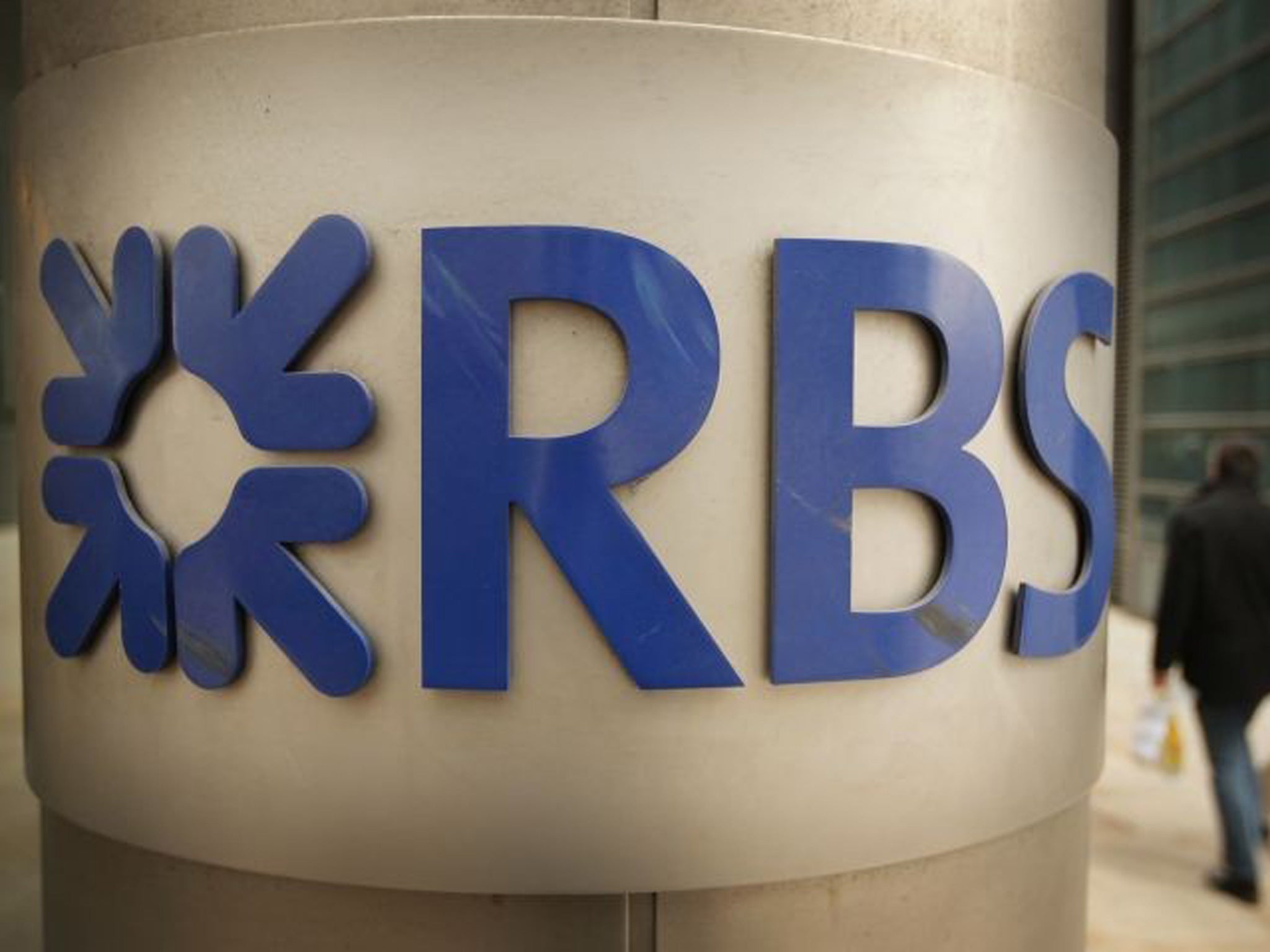This is your final demand: RBS told to sell off Williams & Glyn
The Business Secretary called for RBS to set out and publish a clear timetable of the steps it intends to take to spin-off the new bank

The Business Secretary Vince Cable last night demanded Royal Bank of Scotland speed up its divestment of challenger bank Williams & Glyn in a letter to RBS chief executive Ross McEwan.
The letter was published just hours before this morning’s expected provisional announcement of an investigation into the small business banking and current account markets by the Competition and Markets Authority.
In it Mr Cable calls for RBS to set out and publish a clear timetable of the steps it intends to take to spin-off the new bank, and to “accelerate” the process of rebranding the 318 branches that will make it up so customers are familiar with the new company.
Mr Cable – who has in the past criticised what he has called “the inordinate amount of time” taken to complete the spin-off – is understood to have compared RBS’s progress unfavourably with Lloyds Banking Group’s sell-off of TSB.
Lloyds started rebranding branches as TSB some months before the “new” bank’s successful flotation on the London Stock Exchange last month.
Frustration is mounting in Mr Cable’s business department that RBS hasn’t taken similar steps amid what is seen as foot dragging by the majority state-owned bank.
He wants a meeting with Mr McEwan, who is due to take part in a radio phone-in on London’s LBC this morning.
Mr Cable said he was “aware” that RBS had been forced to swiftly change its plans following the collapse of its attempt to sell what is intended to become Williams & Glyn, then known as “project rainbow”, to Spain’s Banco Santander back in 2012.
But he said: “The divestment will have taken over four years from that collapse. Moreover, businesses continue to raise concerns with me that the length of the process risks reducing the impact of the divestment when it comes.”
Mr Cable said he feared a “gradual erosion” of the Williams & Glyn customer base because of the delayed sell-off.
And, in a clear shot across Mr McEwan’s bow, he added: “I trust RBS will take all necessary steps to support the management of the new bank in the meantime on regulatory matters, and to give them the right combination of support and freedom so they can begin to develop their own products, brand positioning and distinctive culture.”
RBS has privately warned the Liberal Democrat Business Secretary that the spin-off is unlikely before the EU-mandated deadline of 2016 for the first sale of shares, with the final separation of the two banks supposed to be complete by 2017.
RBS was ordered to sell or float off Williams & Glyn as a consequence of the bank’s taxpayer-funded bailout during the financial crisis. Lloyds floated TSB for the same reason.
Unlike TSB, which is primarily a retail bank, Williams & Glyn is stronger in small business banking, a sector of the market dominated by RBS.
RBS policies towards small business were sharply criticised in a report by Lawrence Tomlinson, entrepreneur in residence at Mr Cable’s department. In it he alleged viable businesses had been forced into bankruptcy by the bank’s Global Restructuring Group.
RBS has denied the charges and a review by the City law firm Clifford Chance cleared the bank of deliberately forcing small firms to the brink. But former Torex Retail boss Neil Mitchell has said he plans to sue the bank over the issue.
Join our commenting forum
Join thought-provoking conversations, follow other Independent readers and see their replies
Comments